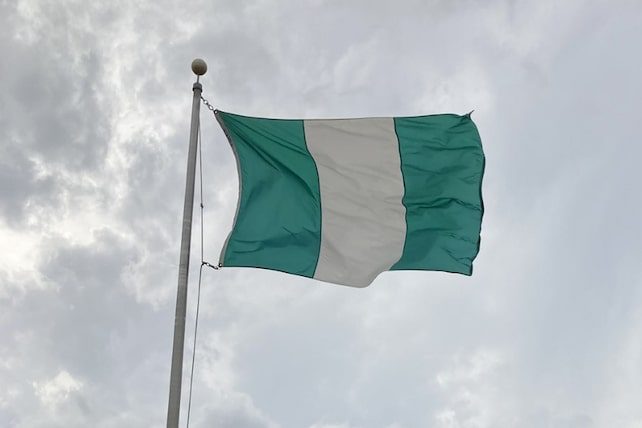“Make no mistake — these attacks are religiously motivated,” the committee’s findings stated. “Denying this reality contradicts the overwhelming evidence we have seen. This ‘religious cleansing’ must stop, and those responsible must be held accountable.”
The panel also raised concerns about Nigeria’s judicial system being used to suppress Christian communities. Blasphemy laws, enforced in several northern states under Sharia law, have been weaponized against religious minorities. In extreme cases, these laws carry the death penalty.
“The Government of Nigeria has made little progress in addressing the persecution of Christians, even though religious freedom is enshrined as a fundamental human right in its Constitution,” the report noted.
Lawmakers criticized the Biden administration for weakening pressure on Nigeria by removing it from the Country of Particular Concern (CPC) list — a designation given to nations that engage in or tolerate severe violations of religious freedom. Nigeria was first placed on the CPC list under President Trump in 2020.
“Under President Biden, Nigeria was removed from the CPC list, despite overwhelming evidence that religious persecution had worsened,” Smith stated. “This decision ignored the repeated recommendations of the U.S. Commission on International Religious Freedom.”
Smith urged Trump to reinstate Nigeria’s CPC designation and to engage directly with Nigerian President Bola Tinubu to ensure greater protection for Christian communities.
“I fully expect President Trump to redesignate Nigeria as a CPC and to take additional steps to support the persecuted church,” Smith said. “Last night, I reintroduced a resolution on this issue, and I hope we will have a robust discussion that leads to real action.”
As international pressure mounts, human rights organizations continue to call for urgent intervention to halt the systematic targeting of Christians in Nigeria. The proposed U.S. sanctions could mark a turning point in holding the Nigerian government accountable for its failure to protect religious minorities.
This article originally appeared here.

